
November 10, 2016 from 5:00 – 7:00 p.m.
San Diego Central Public Library: Shiley Suite, 330 Park Blvd, San Diego 92101
Are you and your children really ready for Tomorrow's World?
The astonishing (some would say alarming) pace of scientific and technical advances - from the rise of the robots to artificial intelligences that are champion game-players , from fitness monitors to learning aids to the social media at large - has already changed our lives. But what next for the home, the workplace, the classroom, the medical center? How do we comprehend and control the potential consequences for our communities? Come and MEET an international group of experts to explore the ethics of these emerging
technologies, ask questions and offer opinions at a Conversation in the Round.
PANELISTS:
Note: Scroll down (or click on the photos) for more information about each panelist.
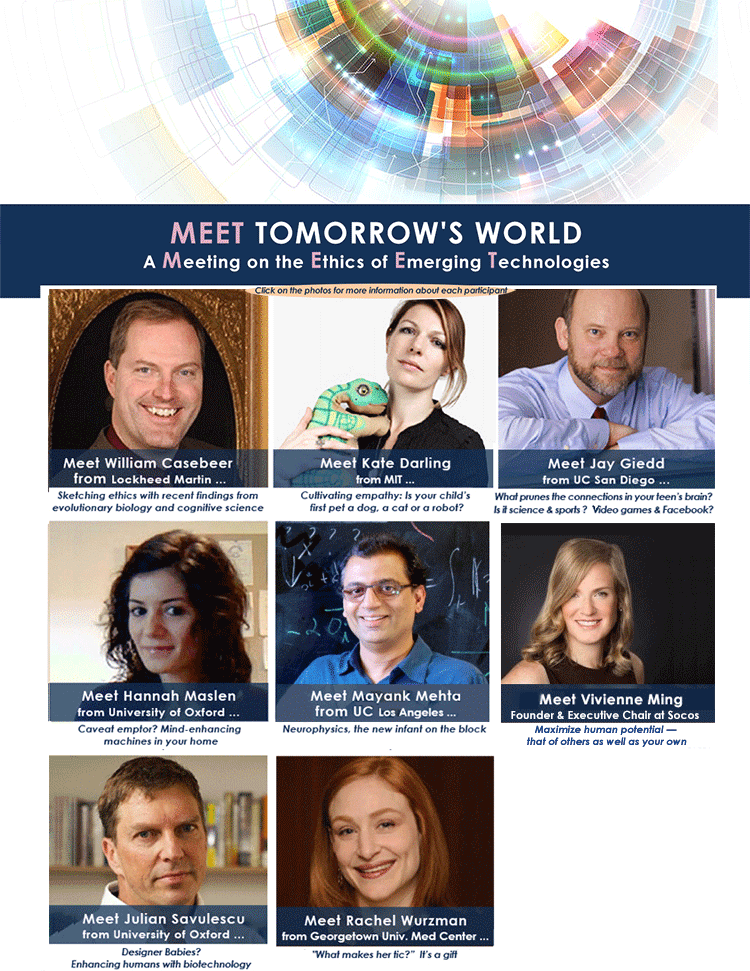
Questions: 858-822-2902
Event Sponsors:
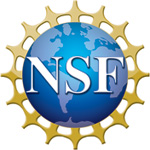   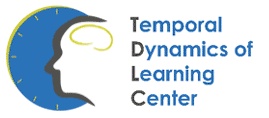  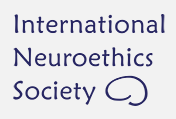  
(BACK TO TOP)
Panelists Include:
William Casebeer (Lockheed Martin)
Kate Darling (Massachusetts Institute of Technology)
Jay Giedd (University of California, San Diego)
Hannah Maslen (University of Oxford)
Mayank Mehta (University of California, Los Angeles)
Vivienne Ming (Founder & Executive Chair at Socos)
Julian Savulescu (University of Oxford)
Rachel Wurzman (University of Pennsylvania)
Panelist Bios:
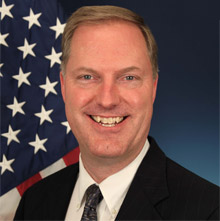 William Casebeer William Casebeer
Lockheed Martin
William Casebeer, Ph.D., is a Research Area Manager in Human Systems and Autonomy for Lockheed Martin’s Advanced Technology Laboratories, where he leads science and technology development programs to improve human performance and the ability of people and autonomous technology to work together on teams. Bill served as a Program Manager at the Defense Advanced Research Projects Agency from 2010-14 in the Defense Sciences Office and in the Biological Technologies Office, where he established DARPA’s neuroethics program. He retired from active duty as a US Air Force Lieutenant Colonel and intelligence analyst in August 2011, where he earned multiple Distinguished Meritorious Service medals. He holds a Bachelor of Science in political science from the US Air Force Academy, a Master of Arts in national security studies from the Naval Postgraduate School, a Master of Arts in philosophy from the University of Arizona and a joint PhD in cognitive science and philosophy from the University of California at San Diego. Bill is author of Natural Ethical Facts: Evolution, Connectionism, and Moral Cognition (MIT Press), co-author of Warlords Rising: Confronting Violent Non-State Actors (Lexington Books), and has published on topics from the morality of torture interrogation to the rhetoric of evil in international relations.
(BACK TO TOP)
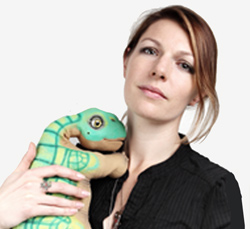 Kate Darling Kate Darling
Massachusetts Institute of Technology
Dr. Kate Darling is a leading expert in Robot Ethics. She's a Research Specialist at the Massachusetts Institute of Technology (MIT) Media Lab, where she investigates social robotics and conducts experimental studies on human-robot interaction. Her interest is in how technology intersects with society. She explores the emotional connection between people and life-like machines, seeking to influence technology design and policy direction. Kate graduated from law school with honors and holds a doctorate of sciences from the Swiss Federal Institute of Technology (ETH Zurich).
(BACK TO TOP)
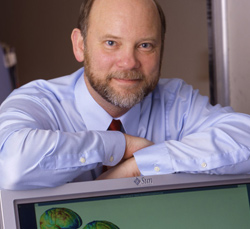 Jay Giedd Jay Giedd
University of California San Diego
Dr. Giedd is a Professor in the Department of Psychiatry at the University of California, San Diego. Dr. Giedd is board certified in General Psychiatry by the American Board of Psychiatry and Neurology (1992), with added qualifications in Geriatric Psychiatry (1994), and by the American Academy of Child and Adolescent Psychiatry. Dr. Giedd’s recent work has focused on how new insights from pediatric neuroscience can be used to optimize the environment for healthy brain development, particularly regarding education and the use of digital technologies that have transformed the way youth learn, play, and interact with each other. Over the past 23 years he has combined brain imaging, genetics, and behavioral analysis to explore the path and influences of brain development in health and illness. As one of the most highly cited neuroscientists of his generation, his over 200 scientific publications have had a transformative impact on medicine, psychology, education, judicial, and public policy. Dr. Giedd was honored as co-recipient of the 2012 Society for Neuroscience’s Science Educator Award.
(BACK TO TOP)
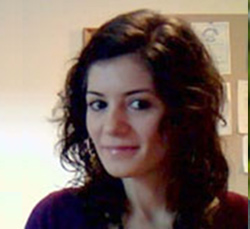 Hannah Maslen Hannah Maslen
University of Oxford
Hannah Maslen is a Postdoctoral Research Fellow in Ethics, working on the Oxford Martin Programme on Mind and Machine. She is also a Junior Research Fellow at New College. Hannah’s academic background is in philosophy, psychology and law: She received her BA in PPP from Oxford in 2007, her MSc in Criminology and Criminal Justice from Oxford in 2008, and her DPhil from Oxford in 2011. Hannah’s current research focuses on the ethical, legal and social implications of various brain intervention technologies. The Oxford Martin Programme on Mind and Machine is an interdisciplinary project, involving collaboration between neuroscientists, engineers, computer scientists, and ethicists to work on developing and applying technology that will allow the observation of and intervention in brain function. Advances in understanding how the brain works are rapidly leading to new possibilities for intervention in brain function and the capacity for brains and machines to talk to each other directly is fast becoming a very real possibility. This raises profound ethical issues related to understanding behaviour and potentially manipulating it, so called ‘mind control’.
(BACK TO TOP)
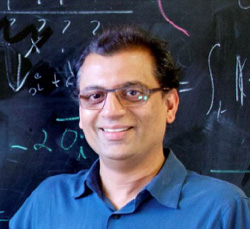 Mayank Mehta Mayank Mehta
University of California Los Angeles
Mayank R. Mehta, M.Sc., Ph.D., is Associate Professor of Neurology, Physics, and Astronomy at the Brain Research Institute, at the University of California, Los Angeles (UCLA). Dr. Prof. Mayank Mehta earned his Bachelors in physics and mathematics and Masters in nuclear physics from Bombay University and later earned his Ph.D. in quantum field theory where he studied the origin and structure of physical space-time from the Indian Institute of Science, Bangalore. He did postdoctoral studies in systems and computational neuroscience. His research focus is on understanding the mind, which is thought to arise as the emergent property of the activity pattern of billions of ensembles of neurons. To address this, his laboratory combines techniques from engineering, mathematics, neurobiology, physics and psychology. The nature of these emergent properties and how they arise are unknown. Some questions he asks: 1. How is information about the physical world represented by ensembles of neurons? In particular, what are the neural mechanisms of perceiving abstract space-time? 2. How do these neural representations evolve with learning? 3. What is the role of brain rhythms and sleep in learning and memory? 4. How does sleep influence learning? His recent research uses virtual reality to study how neurons create the perception of space-time. They have uncovered surprising influence of virtual reality on memory-making neurons and brain rhythms.
(BACK TO TOP)
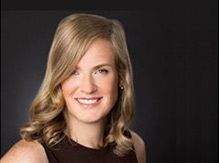 Vivienne Ming Vivienne Ming
Founder & Executive Chair at Socos
Dr. Vivienne Ming, named one of 10 Women to Watch in Tech in 2013 by Inc. Magazine, is a theoretical neuroscientist, technologist and entrepreneur. She co-founded Socos, a cutting-edge startup which applies cognitive modeling to create adaptive, personalized educational technology. She is also a visiting scholar at UC Berkeley's Redwood Center for Theoretical Neuroscience pursuing her research in neuroprosthetics. In her free time, Dr. Ming also explores augmented cognition using technology like Google Glass and has been developing a predictive model of diabetes to better manage blood glucose levels. She sits on the board of Our Family Coalition supporting LBGT families and speaks on issues of LGBT inclusion and gender in technology.
Previously, Dr. Ming was chief scientist at Gild, an innovative startup that applies machine learning to predict optimal candidates for technology jobs, and to bring meritocracy to job markets. She joined Gild in 2012 to oversee R&D and IP development, solving problems in data mining, text analysis, cognitive modeling and algorithm development.
(BACK TO TOP)
 Julian Savulescu Julian Savulescu
University of Oxford
Professor Julian Savulescu has held the Uehiro Chair in Practical Ethics at the University of Oxford since 2002. He holds degrees in medicine, neuroscience and bioethics. He is the Director of the Oxford Uehiro Centre for Practical Ethics within the Faculty of Philosophy. He is Director of the Oxford Centre for Neuroethics, which is one of three strategic centres in biomedical ethics in the UK funded by the Wellcome Trust. In 2014, he was awarded a Wellcome Trust Senior Investigator award to work on Responsibility and Health Care. He is also Director of the Institute for Science and Ethics within the Oxford Martin School at the University of Oxford, where he examines the ethical implications of technology affecting the mind, as well the science of moral decision-making and behaviour.
He is a leader medical and practical ethics. He is Editor of the Journal of Medical Ethics, the highest impact journal in the field, and founding editor of Journal of Practical Ethics, an open access journal in Practical Ethics. He is the Sir Louis Matheson Distinguished Visiting Professor at Monash University and the Honorary Professorial Fellow at the Florey Neuroscience Institutes. He received an honorary doctorate from the University of Bucharest in 2014.
(BACK TO TOP)
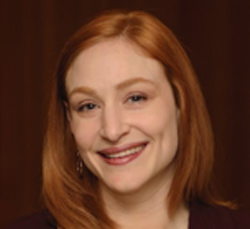 Rachel Wurzman Rachel Wurzman
University of Pennsylvania
Rachel Wurzman is a post-doctoral research fellow in the Laboratory for Cognition and Neural Stimulation (LCNS) at the University of Pennsylvania. She received her Ph.D.in Neuroscience in 2014 from the Interdisciplinary Program in Neuroscience at Georgetown University. She is broadly interested in neural factors and technologies with the potential to dynamically affect plasticity in integrated sensory and motor circuits whose wiring, and sometimes mis-wiring, contributes to neuropathological brain function. At the LCNS, Rachel’s current research involves using non-invasive brain stimulation techniques (i.e., TMS- transcranial magnetic stimulation, and tDCS- transcranial direct current stimulation) to investigate markers of brain plasticity that may predict functional recovery and facilitate neurorehabilitation in stroke patients with language impairments (e.g., aphasia). Additionally, she is interested in understanding and influencing neural plasticity by combining neurophysiology methods such as electroencephalography (EEG) with tDCS and TMS. Using this approach, Rachel also studies the fundamental mechanisms by which tDCS affects neural substrates, from cells to circuits. Besides empirical research, Rachel also publishes work on (neuro-)ethical, legal, and social implications of neurotechnology development.
(BACK TO TOP)
|


